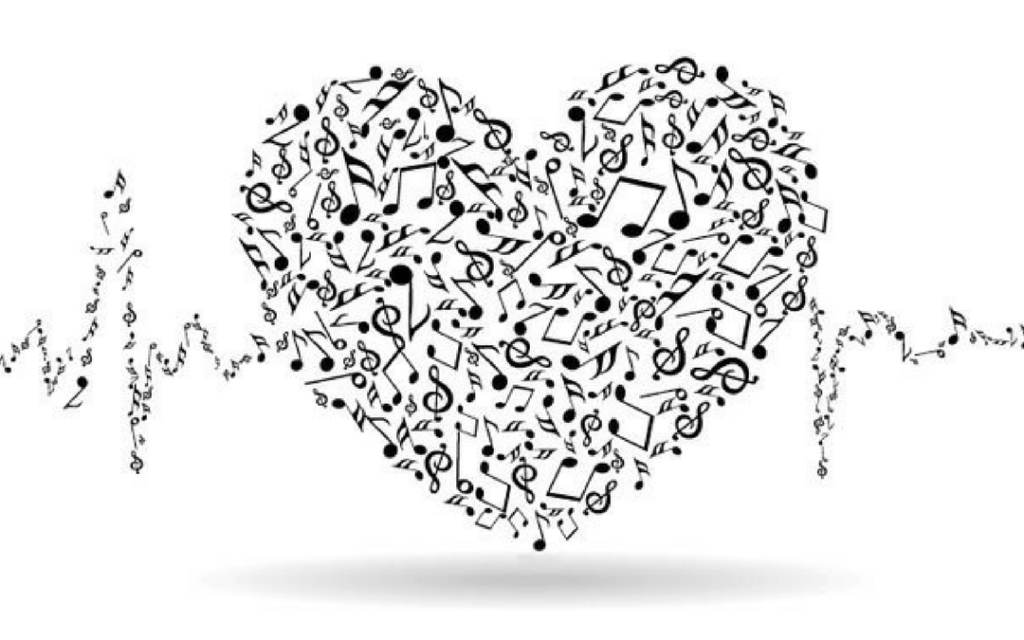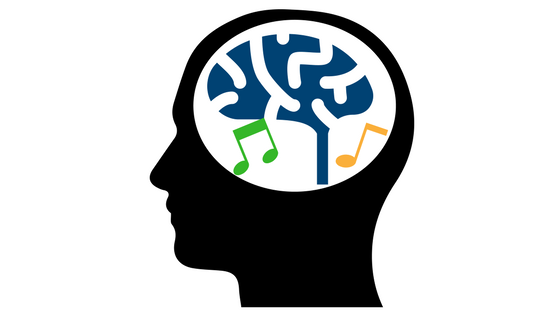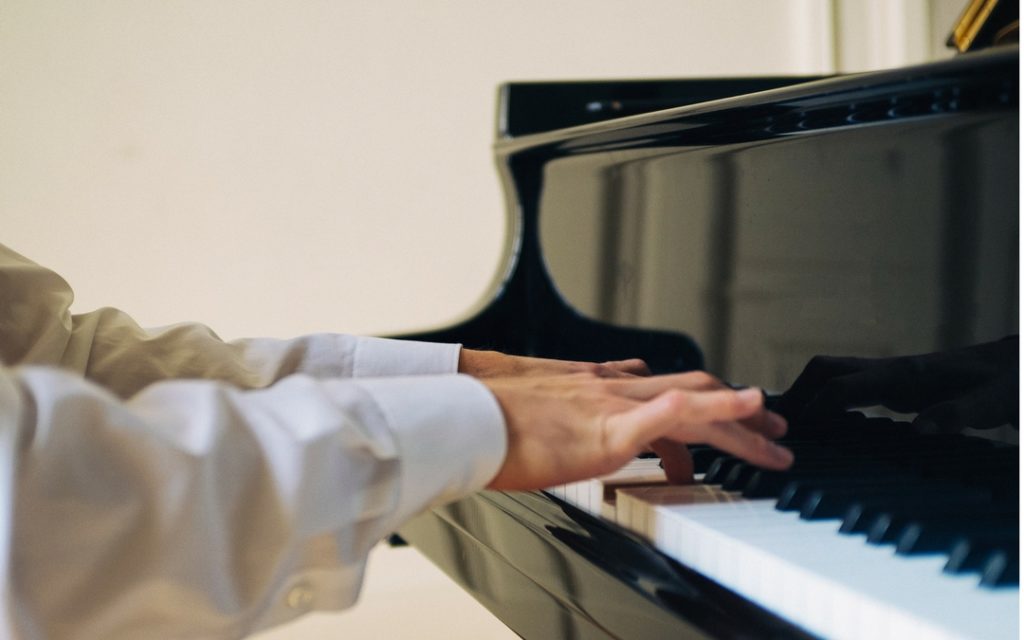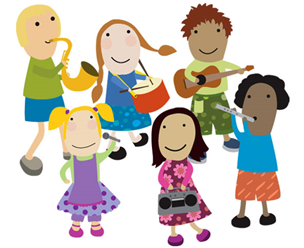Music is a truly incredible thing. It can help us express our emotions, remember things with a catchy tune, and can even boost cognitive performance. Music can affect one’s health, as well. It is a relatively new field of study, but a groundbreaking one at that.
Several studies indicate that there is a link between music and improvement in physical and mental health.
- Music is calming: A study done in 2013 shows that singing can soothe premature babies in the NICU, lowering their heart rates and helping them remain calm and quiet, as well as relieve parents’ stress. Similarly, researchers have discovered that music can also calm surgical patients and pediatric emergency room patients. If music can relieve those in the most stressful situations, it can surely help us cope with our everyday stress too. This can show physically as well as mentally.
- Music affects your mood: It has been proven that the music one listens to can impact that person’s mood. How it does so can be different for each person, however. For example, a study done at Durham University showed that sad music brought some people “pleasure and comfort,” while others to a state of sadness. However, when tested to see what would lift one’s mood, only upbeat tunes did the trick.
- Music and memory: Music can forge a strong connection with memory. A song, or some form of music, that we were listening to, often links with some of our strongest memories. Even individuals with Alzheimer’s can preserve some of their memories with the assistance of music, a feat when most others are often lost.
- Music and the Immune System: A study done shows that those who listened to music had an increased number of antibodies and immune cells in their systems. This gave their immune system a slight boost.
These are just 4 of the many ways that music can impact one’s health. Thinking about all the properties of music and the various purposes for which it can be used is fascinating, especially when one of them is simply aesthetic entertainment. Music can be as powerful as any medicine, perhaps even more so.
Sources:
http://www.apa.org/monitor/2013/11/music.aspx




